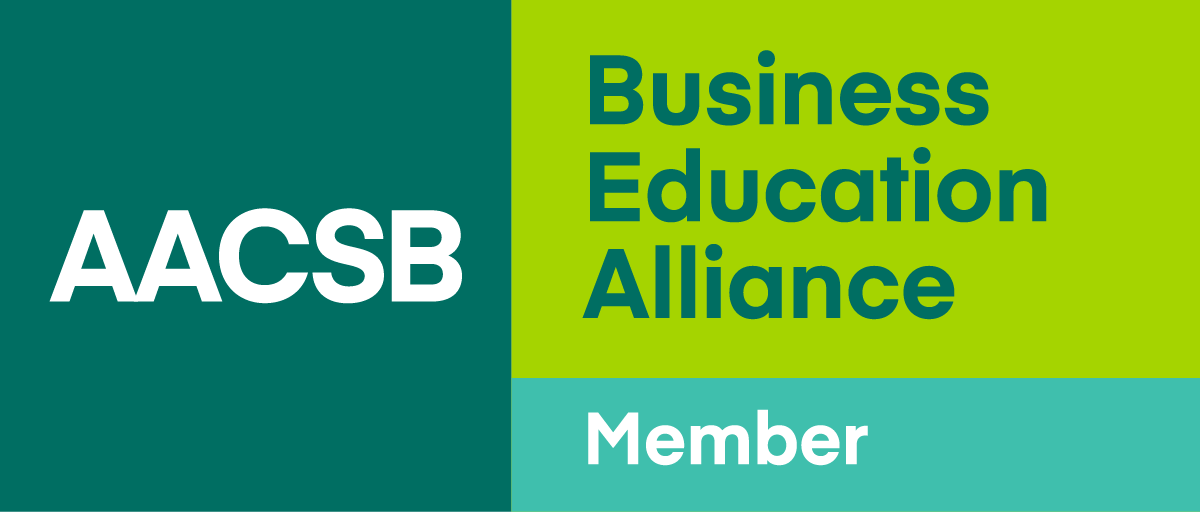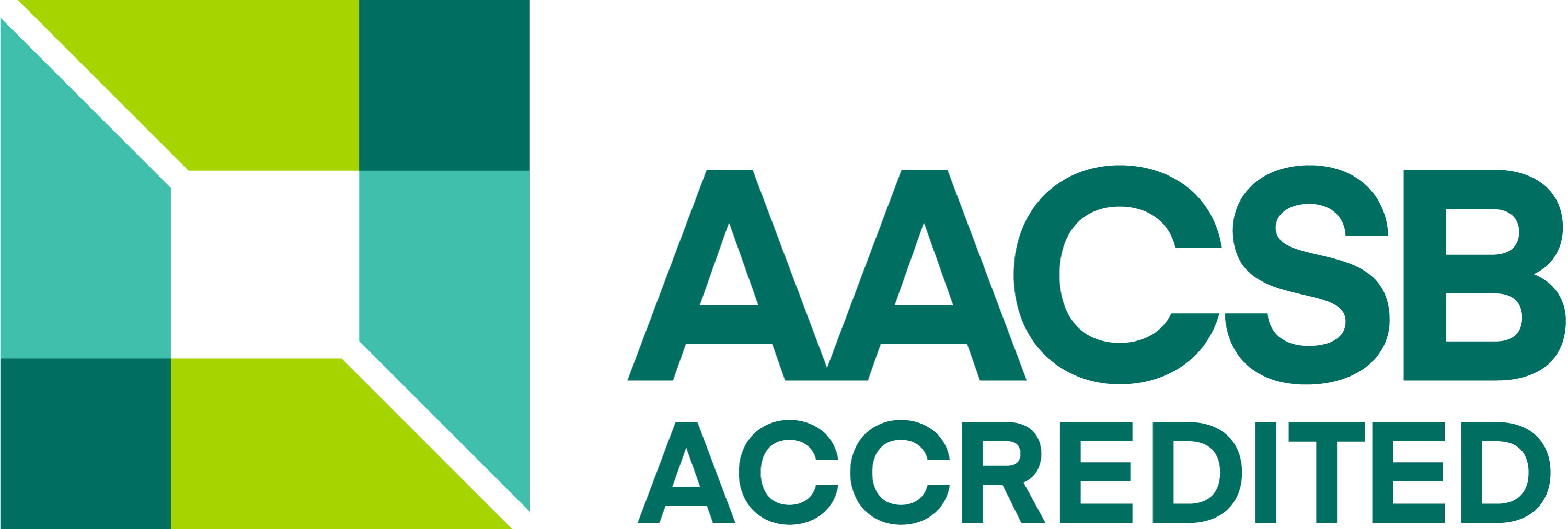【CM CSR】Promotion of ethics education in elementary school through integration of theory and practice
Ethics is closely connected and intertwined with our daily lives. Professor An-Shou Cheng from the Institute of Marketing Communication points out that ethics represents a kind of knowledge that enables people to engage in critical thinking and make choices in pursuit of better lives. Ethical thinking also facilitates the analysis and reflection on daily life issues ranging from daily problems and troubles to ethical dilemmas and public issues affecting society and the nation. The goal of the “Information Literacy and Ethics” course offered by the Institute of Marketing Communication lies in the cultivation of ethical awareness and the imparting of knowledge that enables students to solve problems and engage in reflections and critical thinking, which ultimately helps them make better judgments.
In his course, Professor Cheng places utmost emphasis on interaction and participation. He encourages students to actively express their personal views and stresses that “critical thinking is the core of literacy and ethics.” He hopes to sharpen his students’ acuity to people, events, and matters and cultivate their ability to detect, analyze, and solve problems during the learning process of his weekly course. In his course, he employs a unique synthesis of case-studies and inquiry-based learning. Course activities include case simulations and small-group discussions. Students are encouraged to design their own ethical scenarios and identify unsettled problems before presenting their opinions in class.
Case simulations involve a wide range of issues including non-competition clauses affecting career choices, legal and management controversies faced in the improvement of voting systems, and tradeoffs between professional ethics in the news industry and click rates. Professor Cheng uses guidance approaches to enable students to identify stakeholders in each case before further questioning them on their individual tasks and decisions and the ethical connotations behind these cases. Professor Cheng stresses that there are no optimal or single solutions to these dilemmas. All answers are acceptable provided that students are able to present clear ideas, demonstrate their ability to communicate and express themselves, and explain their reasoning in a reasonable manner. The expansion of the dimensions of the thought process can help students better understand and tolerate different values, which is the core objective of this course.
In 2019, Professor Cheng used the subsidy given by the College to this course to provide his students an opportunity to help students in Longhua Elementary School, Kaohsiung. His students planned a course series to boost Longhua students’ information literacy. The series covered cyberbullying, online shopping, internet privacy, phishing websites, and online copyrights. The Monopoly board game were converted into a fun quiz close to daily life. This gave the children a chance to learn in a playful manner and develop their ability to comprehend and ask questions. In addition to internet safety awareness, the ability to distinguish true from false information is extremely important. This course series thus also aimed to teach the children how to interpret information accurately and use the Internet smartly.
In this age of information explosion, ethical awareness is a basic competency that a good digital citizen should possess. Professor Cheng therefore also highlighted in his class the ethical issues on the Internet and in real life that are caused by emerging technologies. For instance, he used a report on facial recognition as material and asked students to state their opinions on the balance between technological progress and privacy protection.
(The above report about the Institute of Marketing Communication was originally in Chinese and written by Yun-Han Yeh, a student of the Institute)
Click Num:
Share






